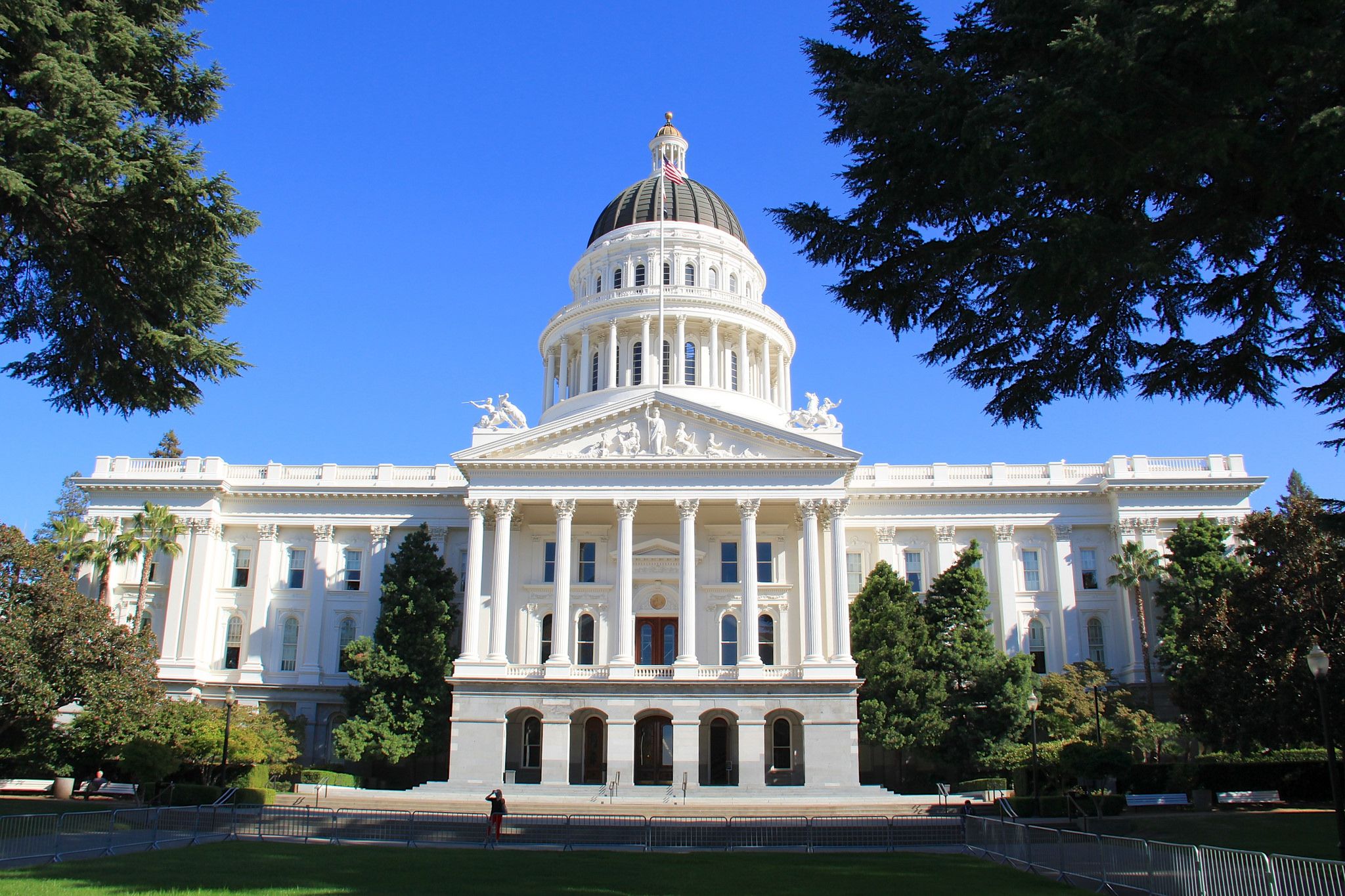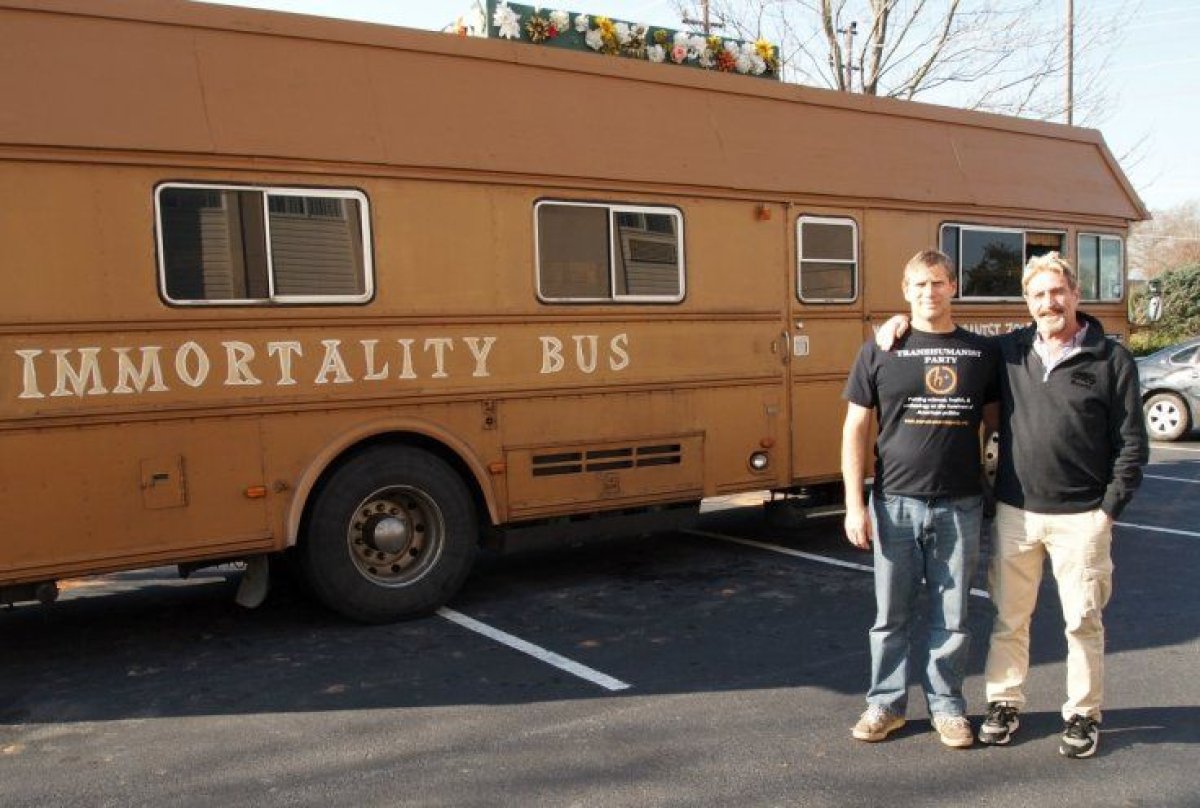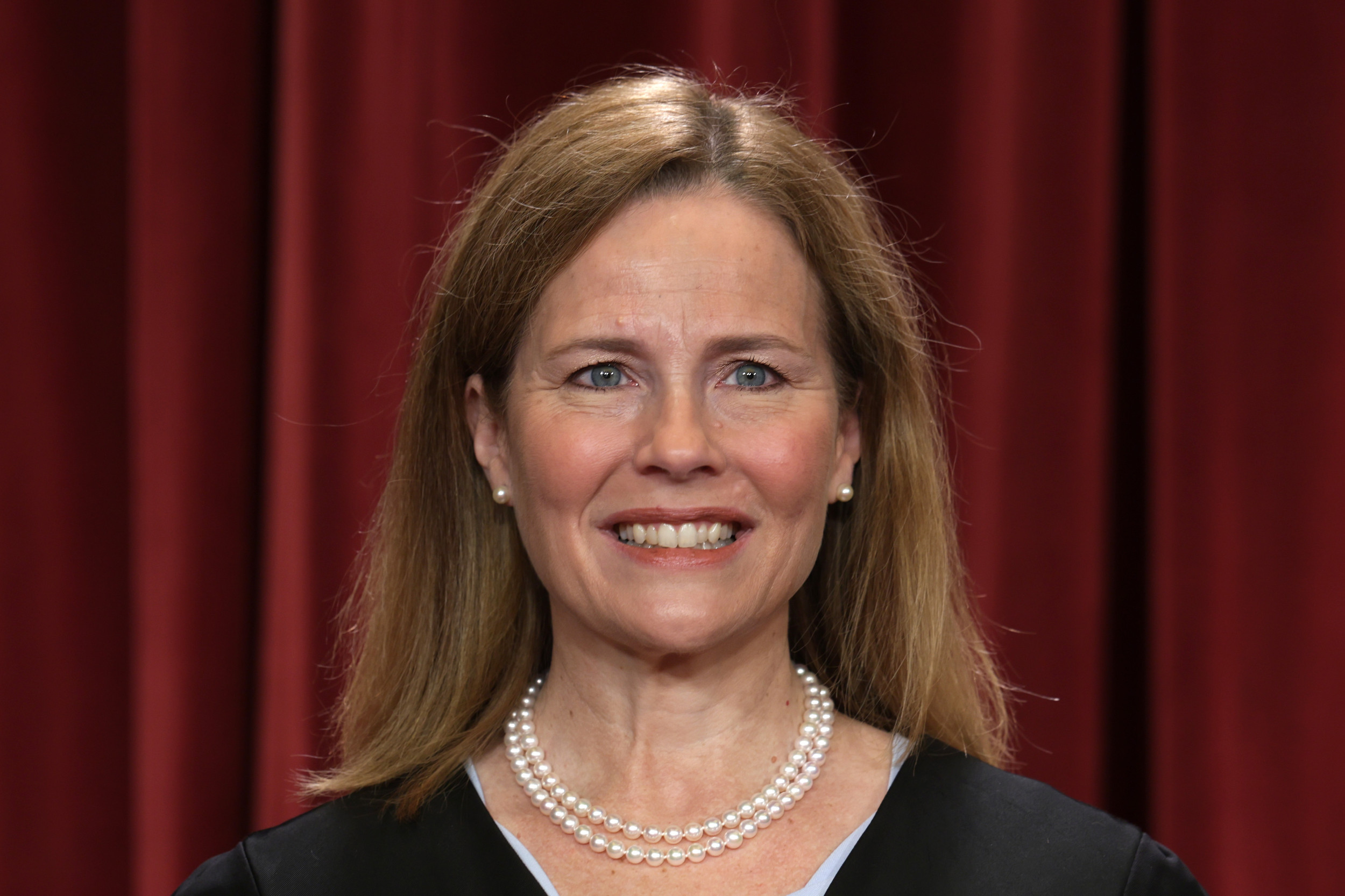
My thirties started off in countries ravaged by environmental destruction and dictatorships. Back then, I was a journalist for National Geographic, spending most of my time abroad, even though I still called Los Angeles—my birth city—home. In the 100+ countries I visited, I reported on some harrowing stories: the Killing Fields in Cambodia, the near total deforestation of Paraguay, and the tense nuclear stand-off between India and Pakistan. I always hoped my words and on-camera television commentary brought some sanity and peace to the chaos.
While on assignment in Vietnam near the demilitarized zone, a near-miss with a landmine that could have been catastrophic sent me back home to the safety of the United States. Desiring stability, I started a real-estate development business with capital saved from my journalism. America was booming and my business thrived. I soon sold most of my real-estate portfolio, allowing me to live off my long-term investments.
I was lucky, for sure. Only a year later, I watched America, its banking system, and its real-estate market collapse. I watched friends lose everything, and my government try to fix something it had partially caused. The lessons—the distrust of big government, crony capitalism and unmanageable debt—seared themselves into my value system.

Like many entrepreneurs, I became a libertarian because of one simple concept: reason. It just made sense to embrace a philosophy that promotes maximum freedom and personal accountability. "Hands off" was my motto—and in business, if you wanted to succeed, those words are sacred. But "hands off" applies to more than just good entrepreneurial economics. It applies to social life, politics, culture, religion, and especially how innovation occurs.
I've been a passionate science and technology guy—an advocate of radical innovation—ever since I can remember. In college, I focused on the ethics and challenges of science for my Philosophy degree. But my stories for National Geographic and my witnessing of the Great Recession viscerally reminded me that government and the growing fundamentalism in Congress was desperately trying to control innovation and progress—even at the expense of people's health, safety, and prosperity. With plenty of free time after the sale of my business to mount a challenge, I decided to use my writing skills to fight this backward thinking.
I began penning The Transhumanist Wager, a philosophical novel published in 2013 that blasts Luddism. The controversial libertarian-minded manifesto has now been compared to Ayn Rand's work hundreds of times in reviews—though I often point out my book is quite different to Atlas Shrugged. Nonetheless, the popularity of my novel thrust me into the radical science and tech movement as a public figure, whose main hub was right where I live in the San Francisco Bay area.
Looking for a way to take science and technology into the political realm, I decided to make a run for the U.S. presidency in 2016 as the self-described "science candidate." I knew I couldn't win the election, but it was a great way to awaken many Americans to the desperate plight of our country's increasingly stifled science and innovation sector. My experience in media has helped propel my candidacy. I spoke at the World Bank, appeared on The Joe Rogan Experience podcast, was interviewed by the hacker collective Anonymous, and consulted for the U.S. Navy about technology, among other things. Even 2016 Libertarian nominee Gary Johnson invited me to interview as his possible vice president. Alone in his New Mexico house, we talked shop for 24 hours solid. He chose Governor Bill Weld as his VP, but I left Johnson knowing I would soon be making a stand for the Libertarian Party.
Due to the fact I was arguably the first visible science presidential candidate in American history, I ran a very centric, science and tech-oriented platform, one that was designed to be as inclusive of as many political lines as possible. With leadership comes some compromise, and I veered both right and left (mostly left) to try to satisfy as many people as I could, even when it meant going against some of my own personal opinions. I believe a politician represents the people, and he or she must never forget that—or forget the honor that such a task carries.
One thing I didn't stray from was my belief that everything could be solved best by the 'scientific method'—the bastion of reason that says a thing or idea works only if you can prove it again and again via objective, independent evaluation. I'll always be a pragmatic rationalist, and reason to me is the primary motivator when considering how to tackle problems, social or otherwise. I continue to passionately believe in the promise of using reason, science and technology to better California and the world. After all, the standard of living has been going up around the globe because of a singular factor: more people have access to new science and technology than ever before. Nothing moves the world forward like innovation does.
Yet, in the political climate of 2017, few things seem more at risk as innovation. A conservative, religious government stands to overwhelm California with worries about radical tech and science, such as implementing Federal regulation that stifles artificial intelligence, driverless cars, stem cells, drones, and genetic editing.
Sadly, the same could be said of immigration, women's rights, and environmental issues. Then there's America's move towards expanding its already overly expensive military, which you and I pay for out of our pockets so that generals can fight far-off wars. America can do better than this. California can do better than this.
And we must. After all, the world is changing—and changing quite dramatically. Even libertarians like me face the real possibility that capitalism and job competition—which we always advocated for—won't survive into the next few decades because of widespread automation and the proliferation of robot workers. Then there's the burgeoning dilemma of cyber security and unwanted tracking of the technology that citizens use. And what of augmenting intelligence via genetic editing—something the Chinese are leading the charge on, but most Americans seem too afraid to try? In short, what can be done to ensure the best future?
Much can be done. And I believe it can all be done best via a libertarian framework, which is precisely why I am declaring my run for 2018 California governor. We need leadership that is willing to use radical science, technology, and innovation—what California is famous for—to benefit us all. We need someone with the nerve to risk the tremendous possibilities to save the environment through bioengineering, to end cancer by seeking a vaccine or a gene-editing solution for it, to embrace startups that will take California from the world's 7th largest economy to maybe even the largest economy—bigger than the rest of America altogether. And believe me when I say this is possible: artificial intelligence and genetic editing will become some of the first multi-trillion dollar businesses in the near future.
We can do this, California, and it doesn't have to be through stale blue or red political parties, which have left many of us aghast at the current world. It can be done through the libertarian philosophy of embracing all that is the most inventive and unbridled in us—and letting that pave the way forward. A challenging future awaits us, but we can meet it head on and lead the way not just for California and America, but for all of humanity.
Zoltan Istvan is a futurist and ran in the 2016 U.S. presidential election as a candidate of the Transhumanist Party.
Uncommon Knowledge
Newsweek is committed to challenging conventional wisdom and finding connections in the search for common ground.
Newsweek is committed to challenging conventional wisdom and finding connections in the search for common ground.
About the writer
To read how Newsweek uses AI as a newsroom tool, Click here.








